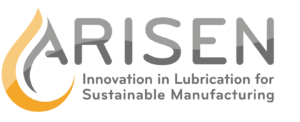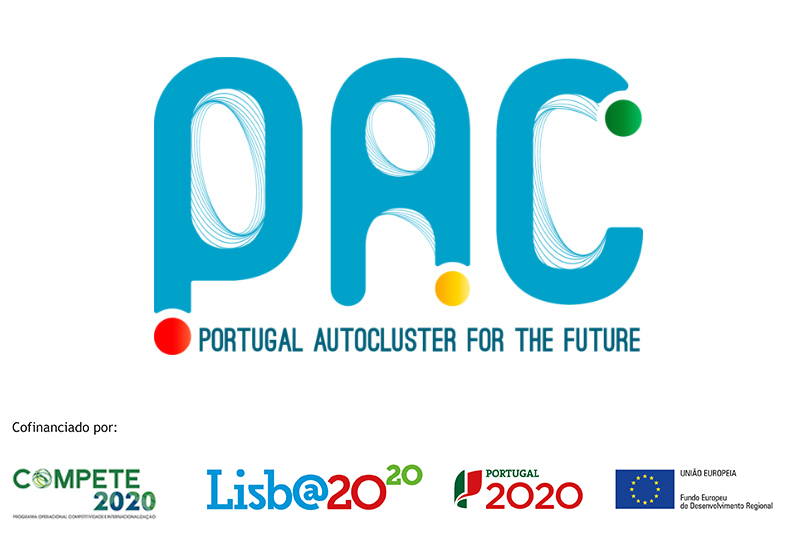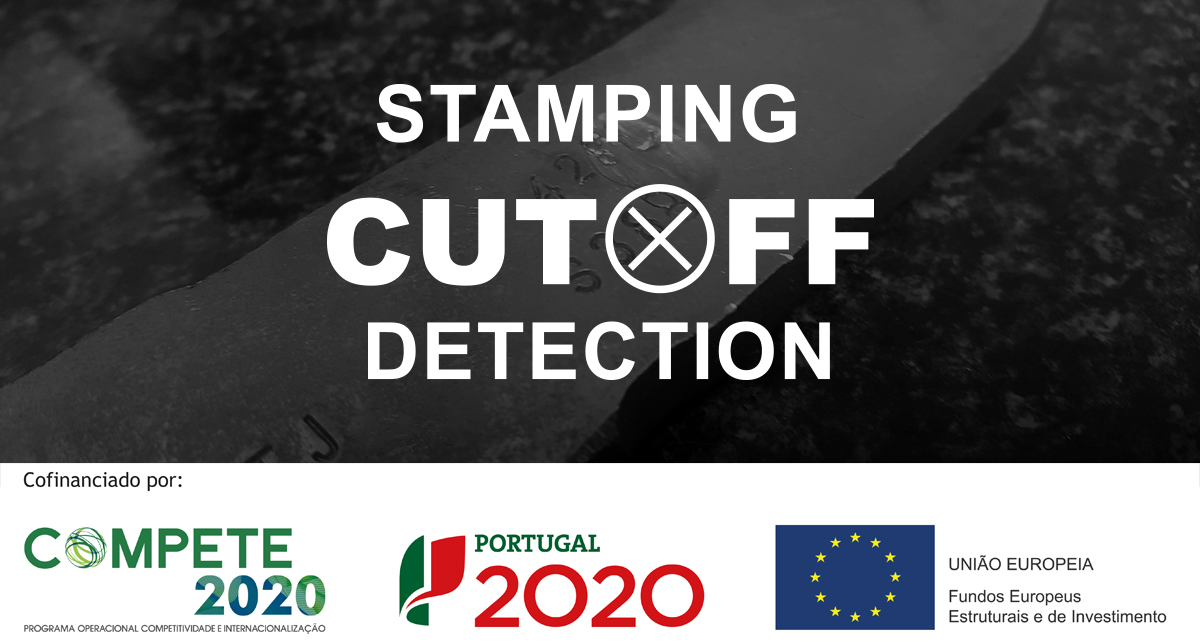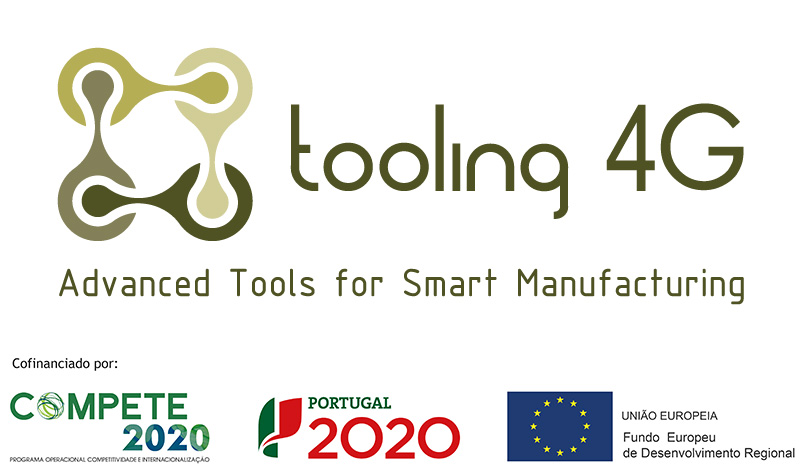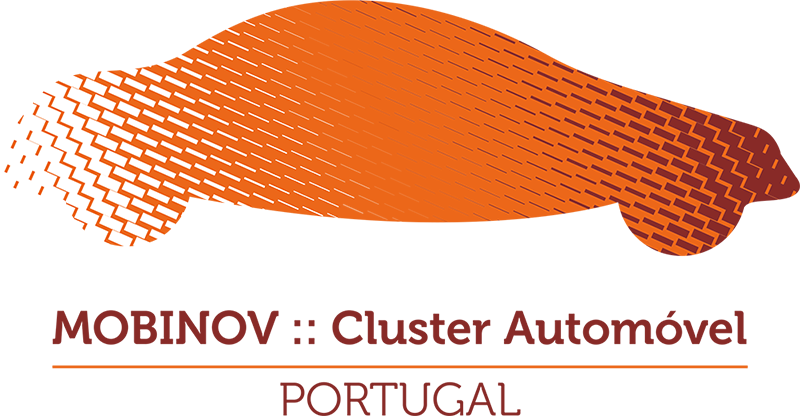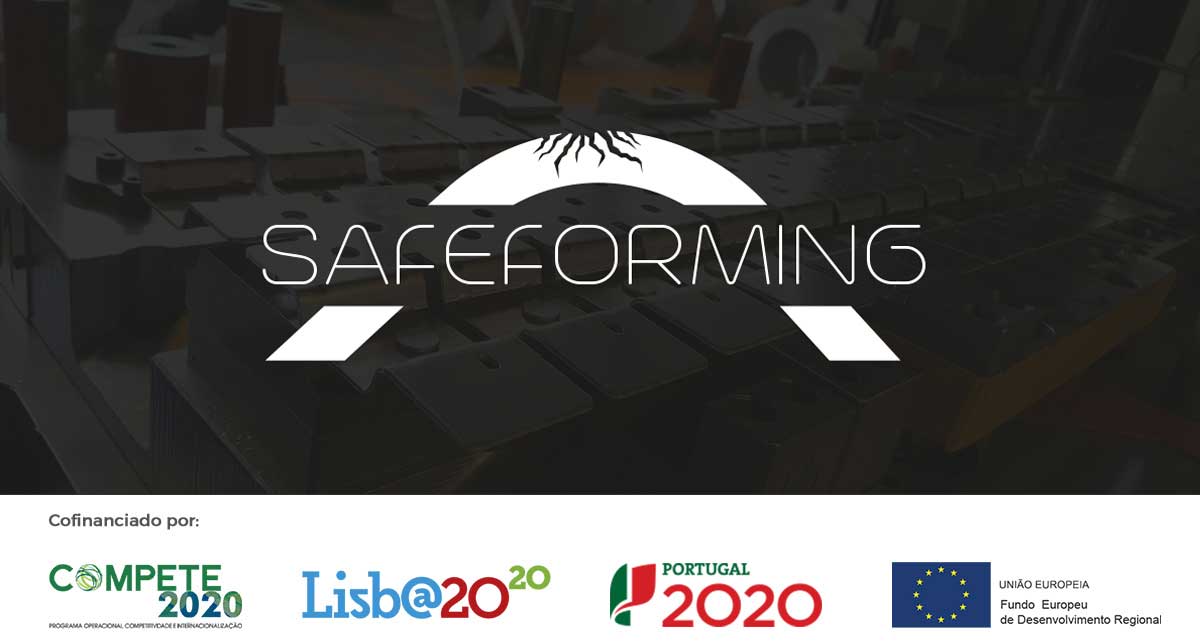- Project Code: POCI-01-0247-FEDER-179948
- Action: R&D Industrial Projects on European scale
- Total Eligible Cost: 338.796,95€
- European Union financial support: FEDER - 244.628,61€
- Execution period: 01-09-2021 to 30-06-2023
- Objective: Strengthening Research, Technological Development and Innovation
